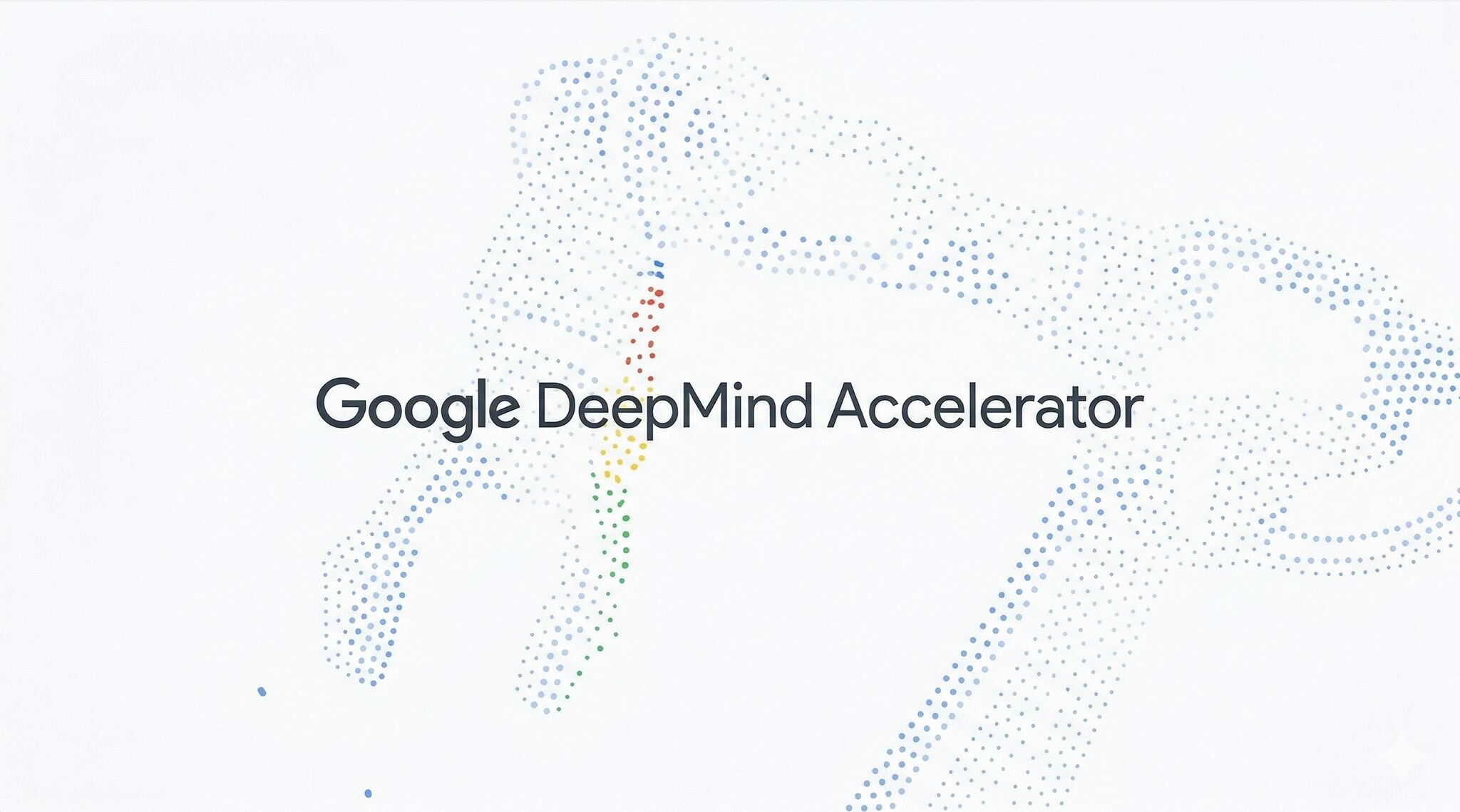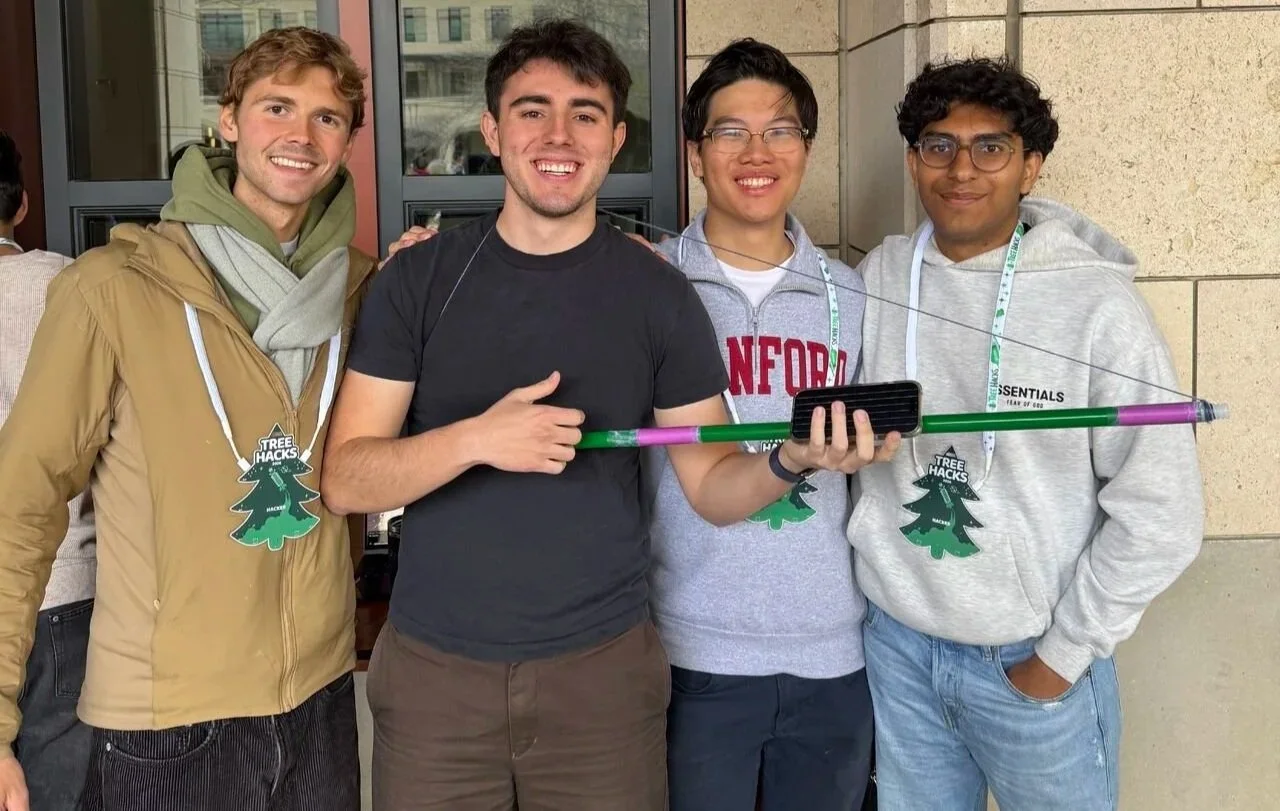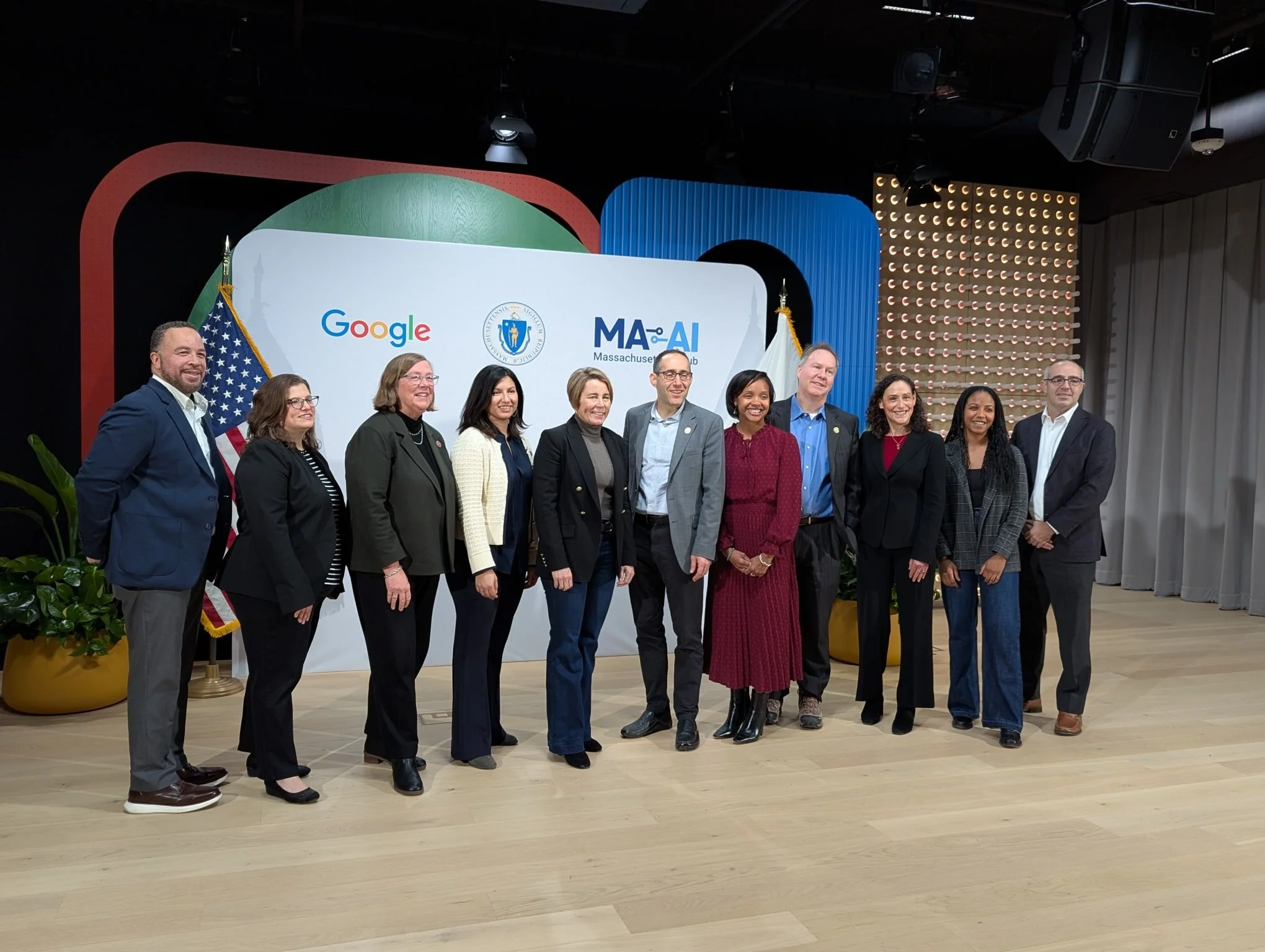Alaska becomes 32nd U.S. state to release K-12 AI education framework
The Alaska Department of Education has released its first statewide framework for artificial intelligence in K–12 education, becoming the 32nd U.S. state to establish official AI guidance.
The document, titled Artificial Intelligence for K-12: Recommendations and Considerations for Districts, sets out principles and resources to support responsible, equitable, and secure use of AI across Alaska’s school districts.
The Department oversees education policy and support across one of the most geographically diverse regions in the United States. Its new guidance aims to help districts implement AI tools ethically, support digital literacy, and ensure student data protection while promoting inclusion and cultural responsiveness.
Framework emphasizes ethics, literacy, and human oversight
The framework centers on seven guiding principles—human-centered design, fair access, transparency, oversight, security, ethical use, and cultural responsiveness. It advises districts to balance innovation with responsibility, noting that “AI should serve to augment human capabilities, critical thinking, and creativity, never replacing essential human interaction or decision making.”
Districts are encouraged to establish clear accountability for AI adoption, including governance teams for tool evaluation and vendor vetting. Oversight must remain with educators, particularly for grading or disciplinary decisions.
Focus on AI literacy and responsible classroom integration
The guidance calls for every district to implement AI literacy programs for both staff and students. It recommends that schools teach how to recognize AI-generated content, understand data privacy, and identify bias or misinformation. Citing national partners such as ISTE and MIT’s Day of AI, the framework frames AI literacy as essential to modern digital citizenship.
It also highlights existing local examples from Alaskan districts, including Fairbanks’ Board Policy and AI Resource Page, Mat-Su’s Responsible Use Policies, Wrangell’s Academic Honesty framework, and Anchorage’s Dimond High School Student Handbook.
Cultural inclusion and data protection central to recommendations
The Department’s guidance stresses that technology must “affirm, rather than diminish, the diverse cultures of Alaska.” It advises districts to include local educators, elders, and community members when developing AI policies and to ensure AI tools are vetted for algorithmic bias.
On security, the document mandates strict protection of student data and compliance with federal laws including FERPA and CIPA. Districts are advised to avoid inputting personally identifiable information into generative AI tools and to establish clear vendor review processes before classroom use.
The framework concludes that human oversight and ethical engagement remain at the center of AI’s role in education. “AI must augment human capabilities, critical thinking, and creativity, never replacing human judgment or decision making in educational contexts,” it states.
The ETIH Innovation Awards 2026
The EdTech Innovation Hub Awards celebrate excellence in global education technology, with a particular focus on workforce development, AI integration, and innovative learning solutions across all stages of education.
Now open for entries, the ETIH Innovation Awards 2026 recognize the companies, platforms, and individuals driving transformation in the sector, from AI-driven assessment tools and personalized learning systems, to upskilling solutions and digital platforms that connect learners with real-world outcomes.
Submissions are open to organizations across the UK, the Americas, and internationally. Entries should highlight measurable impact, whether in K–12 classrooms, higher education institutions, or lifelong learning settings.
Winners will be announced on 14 January 2026 as part of an online showcase featuring expert commentary on emerging trends and standout innovation. All winners and finalists will also be featured in our first print magazine, to be distributed at BETT 2026.

























